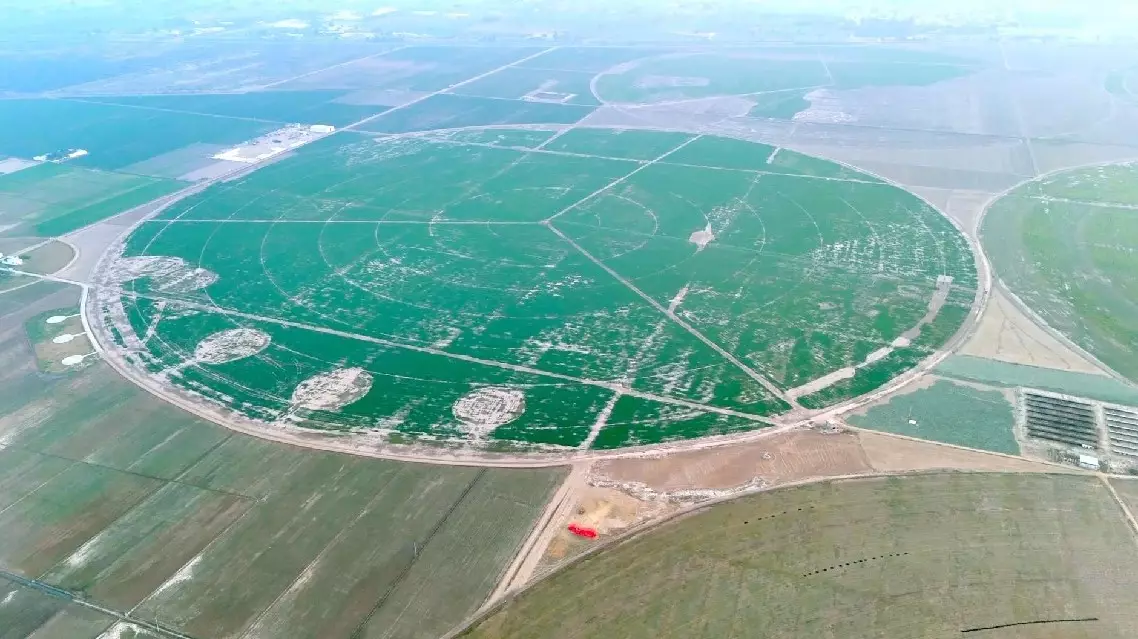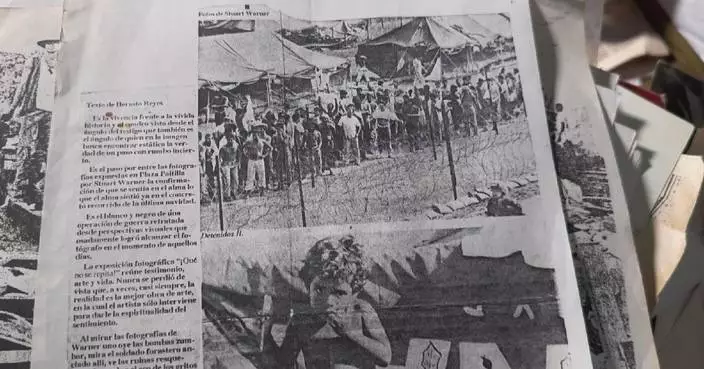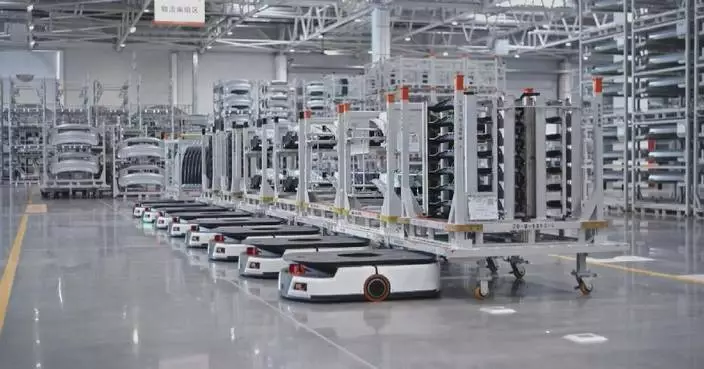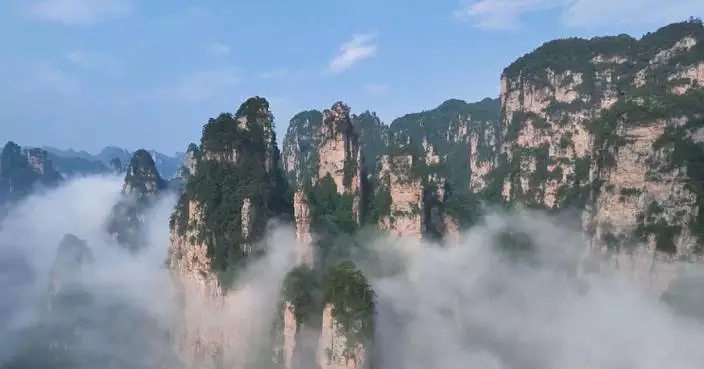A retired Panamanian officer who fought in the 1989 U.S. invasion of Panama has called the operation an unjust war, saying that it served U.S. interests rather than the so-called goal of defending democracy.
The United States launched "Operation Just Cause" on Dec 20, 1989, with the stated objective of capturing Panamanian strongman Manuel Noriega for drug trafficking and organized crime.
During the operation, which concluded in January 1990 with the surrender of Noriega, nearly 30,000 American soldiers entered the Panamanian territory and killed numerous civilians in the Central American country.
Manuel Marino, now 58, is an officially assigned captain to steer ships through the Panama Canal. He was serving as a lieutenant in the Panamanian Navy at the port of Fuerte Amador when the United States suddenly started the war.
"We were informed that the United States was directly attacking our general headquarters. That's where General Noriega's office was located. In the meantime, we were also under American attack from land, air and sea," Marino said.
In the four years before the invasion, it was reported twice that the United States was going to invade Panama. So the Panamanian military had been preparing for the possible U.S. invasion. But after they were proven rumors, the Panamanians let their guard down. Taking the chance, the United States started the invasion.
"That was a very furious moment. I cannot find another word for it. We had two options: either surrender and see if it can save our lives or continue to fight until we die," Marino said.
Though codenamed as "Operation Just Cause", Marino said the U.S. operation had nothing to do with the word "just".
"They codenamed the invasion as 'Operation Just Cause'. I don't know where they found these words. I don't think any sane person, then or now, could justify this U.S. invasion of Panama. I think beyond arresting commander of the Panama Defense Forces, the Americans were seeking for other interests. This was what prompted them to invade Panama," Marino said.
At an auction many years later, Marino bought a jeep left by the U.S. military after the invasion. The car is still in his garage, as a reminder of this history.
"The U.S. invasion of Panama was an unjust war that should never have happened. For Panamanians, this is a sad day (December 20) and part of the Panamanian history," Marino said.
On Saturday, the exact day marking the 35th anniversary of the invasion, U.S. President-elect Donald Trump called the Panama Canal "a vital national asset for the United States" in a strong-worded statement, threatening to retake the canal, citing "exorbitant prices" on U.S. ships.
Panama's President Jose Raul Mulino dismissed Trump's threats on Sunday, reaffirming that "the sovereignty and independence" of Panama are not "negotiable."
The Panama Canal, an artificial waterway in Panama that connects the Atlantic with the Pacific, was completed by the United States in 1914 and returned to Panama in 1999 under a treaty signed by then U.S. President Jimmy Carter and then Panamanian leader Omar Torrijos. The deal relinquishes American control over the canal by year 2000 and guarantees its neutrality.
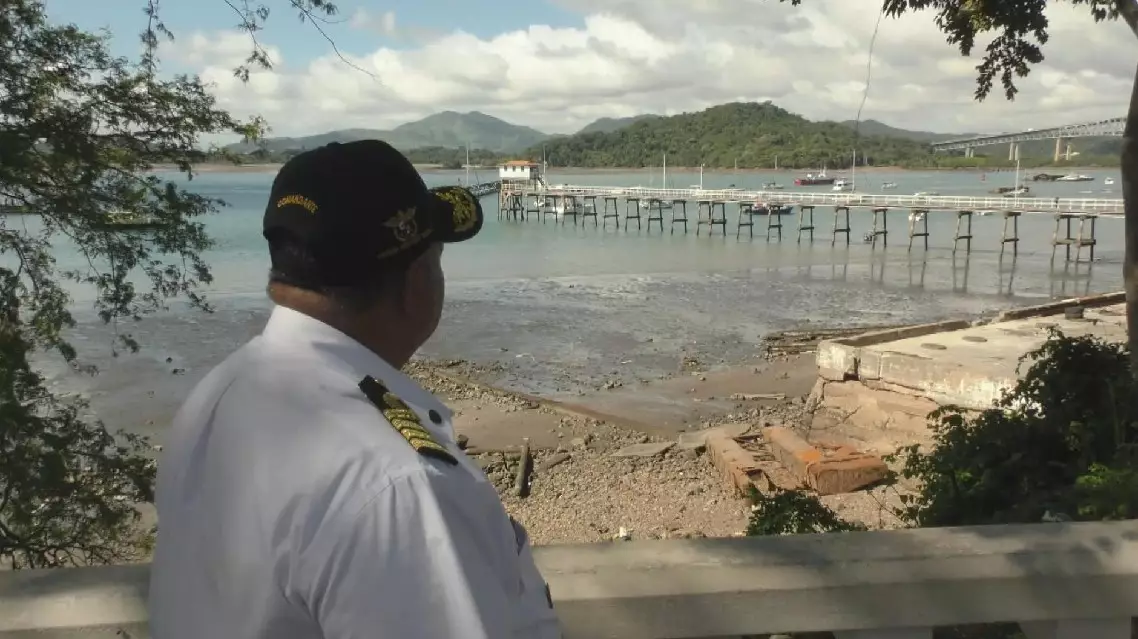
Retired Panamanian officer recounts U.S. invasion of Panama
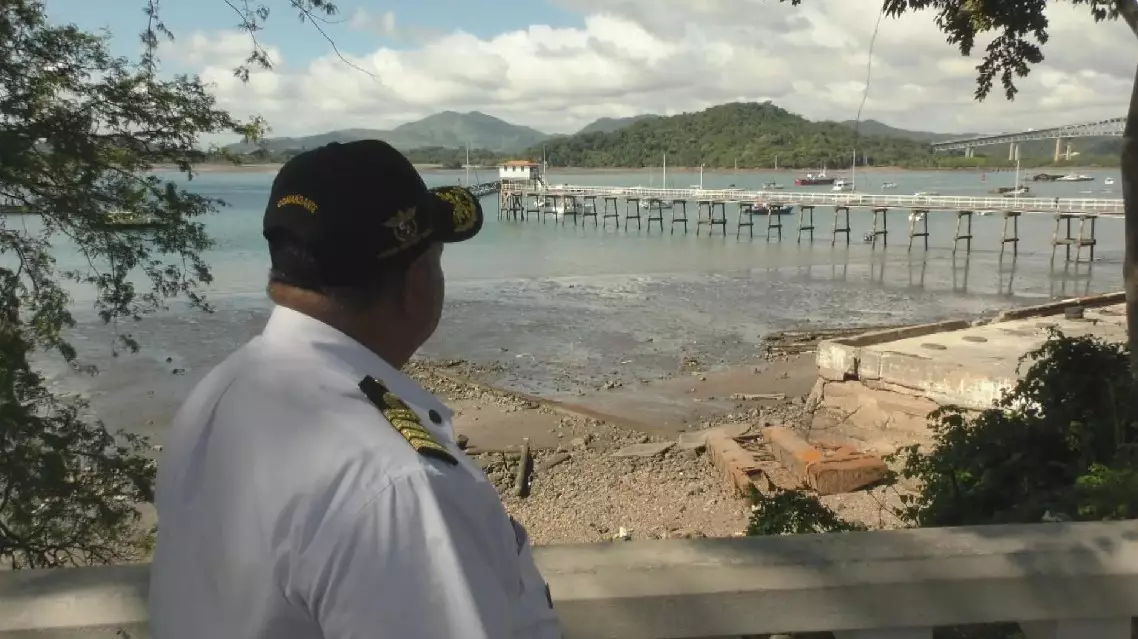
Retired Panamanian officer recounts U.S. invasion of Panama
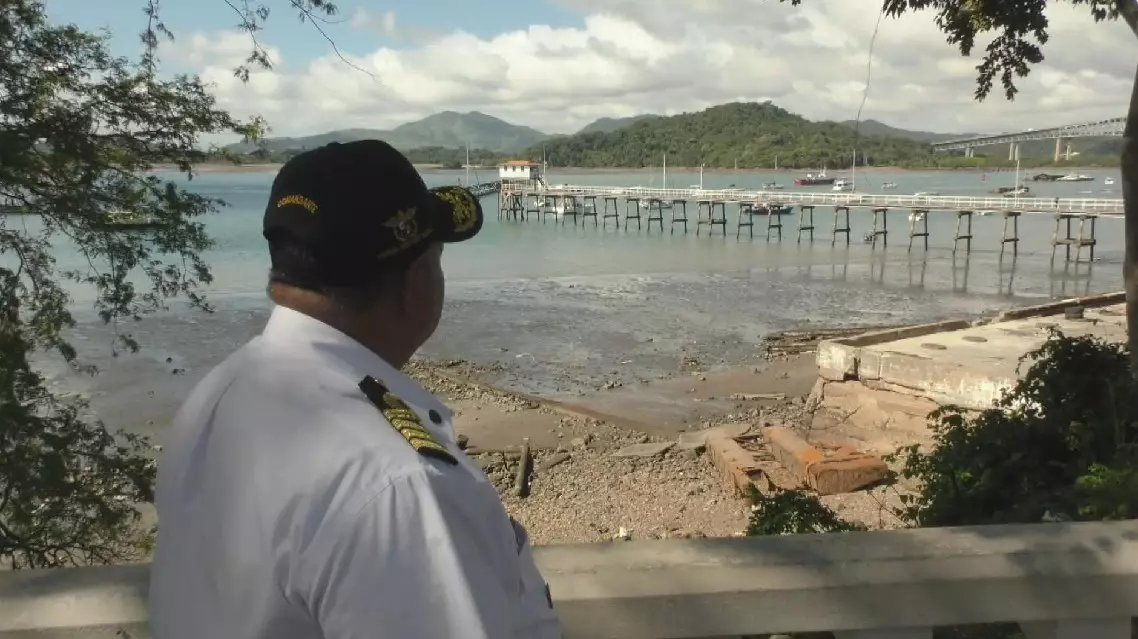
Retired Panamanian officer recounts U.S. invasion of Panama


